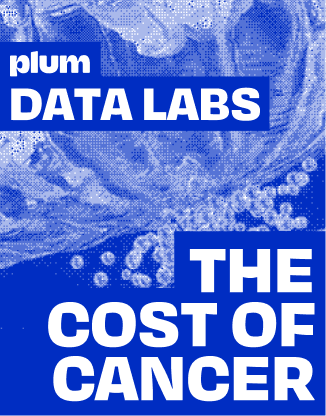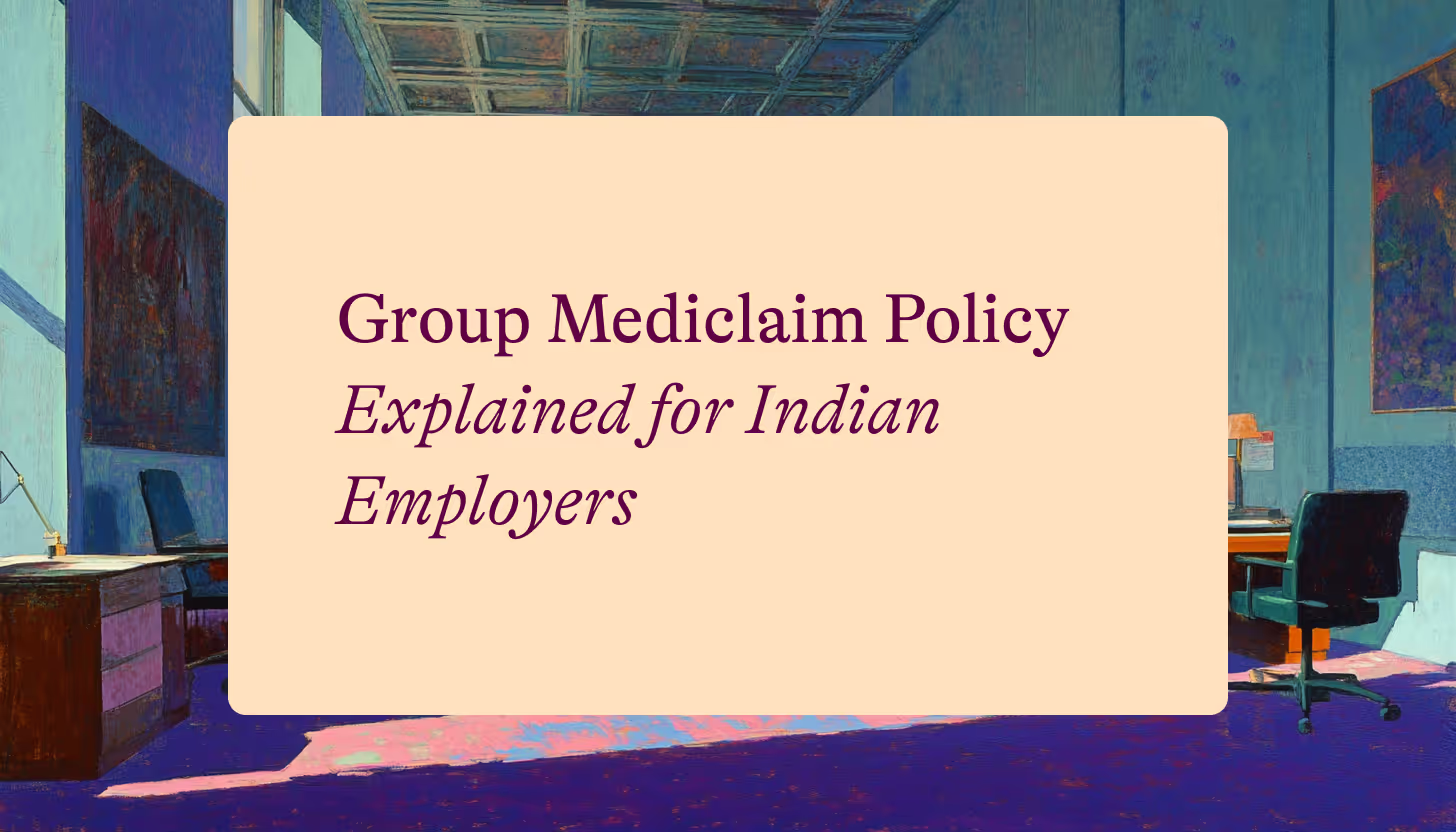Group health insurance premium calculation are one of the most important expenses for employers in India. They cover the medical expenses of employees and their families, and as such, it is important for employers to understand how the premium calculation works. This blog discusses the various methods used to calculate group health insurance premiums, as well as any exemptions that might be applicable.
Parameters to Consider in Group Health Insurance Premium Calculation
As an entrepreneur, group health insurance is a great way to cover medical treatments if you’re unable or unwilling to pay out-of-pocket. Premiums for group health insurance are calculated based on an employee’s age, gender, and occupation. Different group plans have different rates, so it’s essential to determine the right one for your workforce before purchasing.
Make sure you understand your policy before buying, as group insurance policies can change regularly. If you’re looking for more coverage, group health insurance can be a great way to cover the costs of medical treatments.
Here are a few parameters to check group health insurance premium calculation.
The average age of the employees
Age is one of the important factors that group health insurance companies use when calculating premiums. It is a fact that employees in their twenties and thirties are generally less expensive to insure than those who are older. This may be casused due to higher rates of health problems and accidents among older people.
Gender also has an impact on premium calculation – women in India tend to face lower premiums for health insurance than men do. Geographically, certain areas may have more expensive policies because of specific medical conditions faced by their residents (e.g., cancer).
Occupation can also affect premiums; for instance, professionals usually enjoy better coverage than manual workers do.
Employees’ family composition can sometimes play a significant role in a premium amount: insured families with two parents typically pay lower premiums than single-parent families, even though they suffer from similar risk exposures overall
The type and nature of the job
When it comes to GMC insurance, there are several things you need to keep in mind. For starters, premiums for different types of jobs can differ significantly. It is also essential to be aware of the premium amount the government sets – this will vary from region to district and even between companies within the same area (zone A and zone B).
In addition, the premium calculation includes factors like age and health status, which means that everyone pays differently depending on these personal details. To sum up: always compare quotes from different providers, so you know what kind of cover you are getting at an affordable price!
{{group-insurance-quote="/web-library/components"}}
Number of employer-employees covered
Group health insurance is a critical part of workplace health and safety. It covers medical costs for employees, regardless of their personal health status or whether an individual health plan covers them. To find out how much group health insurance your company should offer its workers, you first need to calculate the premiums based on the number of people in each class.
This will help you decide on the coverage that is appropriate for your workforce and budget. Once you have determined which classes require coverage and calculated premium rates accordingly, it’s time to sign up for all those affected!
Group insurance policies can be purchased through participating companies or agencies. Make sure to compare quotes carefully to get the best deal possible for your business.
The amount Sum Insured as cover
Understanding the ins and outs of group health insurance policies is essential to save money on premiums. By taking note of the following fackts, you will get a policy that meets your individual needs and those of your colleagues and friends.
- Review your coverage – identify what is included under each category so you can decide which benefits are most important for you.
- Ensure the number of people in your group remains below a specific limit – this will significantly lower premium rates!
- Group health insurance premiums are based on factors such as age, sex and health conditions; the higher-risk member(s) will end up paying more for their coverage.
- Remember: The higher premium amount doesn’t necessarily mean that riskier members pose a more significant threat to public safety or overall health-related objectives!
Add-on covers in GMC insurance
group insurance for employees comes with several add-on covers, such as accident and liability insurance. By opting for these extra covers, you can protect yourself and your employees from unforeseen expenses that may arise in the future. Before buying a group insurance policy, it is vital to calculate premiums based on factors like age, gender and medical history. This will tell you to get the right coverage at the best price possible. Be sure to ask your insurer about any exclusions or conditions before signing up!
History of claim settlement
When calculating a company’s premiums, risk factors are taken into account. This includes the type of insurance coverage offered and the frequency and severity of claims. Previous years’ claims also play an essential role in premium calculation; companies that have made more claims will end up paying higher premiums than those with less claim history.
In some cases, this might even amount to double or triple what someone who has never made a claim would pay! Corporate health insurance policies often use your company’s claim history to set rates for group coverage – which may be available to employees, family members, and other business affiliates.
By understanding how the premium calculation works and knowing your policy details, you can manage your financial situation better within these limits.
{{group-insurance-quote="/web-library/components"}}
Frequently Asked Questions
What happens if I get sick while covered by my group health insurance policy?
If you get sick while covered by your group health insurance policy, the insurance company will typically ask you to pay for a portion of the cost of your treatment. Depending on the severity of your illness and other factors, you may be asked to pay a certain percentage or all of the price. The amount that you are required to pay will usually depend on how much coverage you have under the policy.
Are there any exclusions on coverage under group health insurance plans?
There are a few exclusions and limitations on group health insurance coverage, but they tend to revolve around health conditions that are not considered pre-existing. For example, obesity or tobacco use may be considered pre-existing conditions and would therefore invalidate your coverage under a group health insurance policy. Group health insurance policies also generally do not cover breastfeeding mothers. However, a few plans have specific provisions for breastfeeding mothers.
Conclusion
Employers who offer group health insurance policies must calculate premium payments based on many factors, including the number of employees insured and their health status. While some exemptions to premium payment, most employers must pay their group health insurance premiums in some way or another.
Contact your group health insurance provider for more information to make the premium payments process as smooth as possible. Thank you for reading!
FAQ
Q. How do pre-existing conditions affect group health insurance premiums?
A. Pre-existing conditions often lead to higher premiums. Insurers consider these conditions a higher risk. Therefore, groups with such conditions may face increased costs.
Q. What specific exemptions might apply to group health insurance premium calculations?
A. Certain exemptions apply, like for non-profit organizations or small businesses under specific schemes. These can reduce premium costs, making insurance more affordable.
Q. How does the claim history of the entire group affect future premium rates?
A. A group's claim history directly impacts future premiums. Fewer claims can lead to lower rates, while a high number of claims may increase costs. Insurers assess this history annually, adjusting premiums accordingly.
.avif)










.avif)














